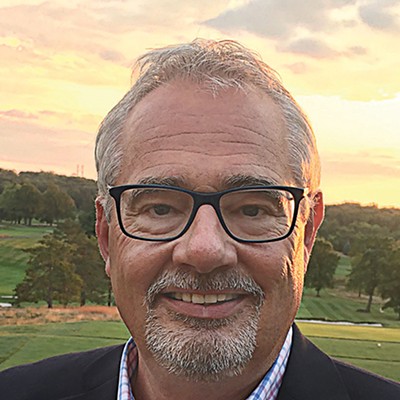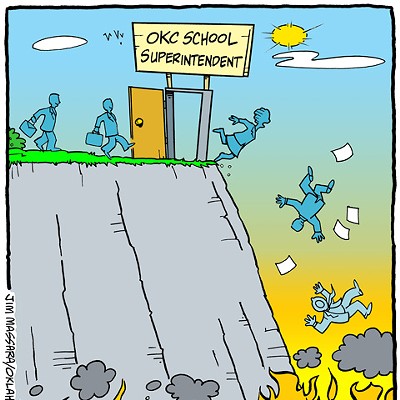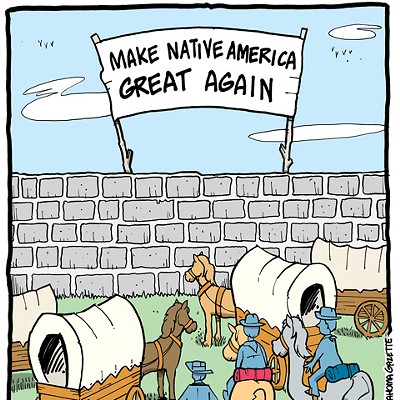What a difference a decade or so makes.
Thirteen years ago, Kim and I left New Orleans for Norman. I wanted out of Tulane University. The University of Oklahoma offered me a chance to start over, and so we set off from one economically depressed capital of the oil patch to another. In the summer of 1996, Oklahoma City was still defined by the Murrah bombing and the collapse of domestic oil and gas " on the path to be the southwest's Detroit.
For the next several years, the local news seemed to revel in misery, as major firms were bought out or went bankrupt. Even the Sooners were bad, losing more than they won on the gridiron.
What a difference a decade makes. And what saved Oklahoma was something simple: hope and leadership. Leadership saved Oklahoma City, local corporations and even the universities and OU athletics.
Mayors in Oklahoma City deftly invested in public works and public schools, bringing back a dead-zone downtown, creating a tourism hub and eventually investing in facilities sufficient to house major league athletics. The risk-taking and chutzpah it took to get the NBA here required a very deft navigation of exploiting another city's tragedy (New Orleans) in order to then exploit a third city's indifference (Seattle).
Corporate leadership helped. As Phillips and Conoco left the state and Williams Communication Group and Worldcom went bankrupt, we wondered where the corporate leadership would come from for the state. The energy corporations of Chesapeake and Devon emerged, riding huge opportunities in natural gas and other resource extraction. Other firms grew, and a new generation of corporate leadership stepped forward to create a new vision for Oklahoma City and the state.
At OU, a politician president challenged the audacity of the notion that the school could never be as great as its athletic tradition and wrested independence from the Legislature and dollars from alumni and corporate donors. OU vaulted from mediocrity to the ranks of a great national university. At Oklahoma State University, a generous benefactor staked a huge bet on excellence for the university. Meanwhile, over in the OU athletic department, a new athletic director recruited coaching talent with two general charges: Graduate people and maintain discipline and excellence on and off the field.
Oklahoma is a small state, and it is still a poor state in many places. It is possessed of many tremendous problems yet unaddressed, and we have divisive politics. But, what it is, no longer, is a place known for its failures and its tragedies. The success stories of the renewal of Oklahoma City, the renewed corporate leadership, thriving and growing recreational and arts scenes and the increasingly excellent universities announce the arrival of Central Oklahoma as a place to be and a place to be from.
The party politics may be moving generally to the right, but Oklahoma, and Oklahoma City in particular, are in general moving to the future.
Gaddie is professor of political science at the University of Oklahoma and president of the Southwestern Political Science Association.












